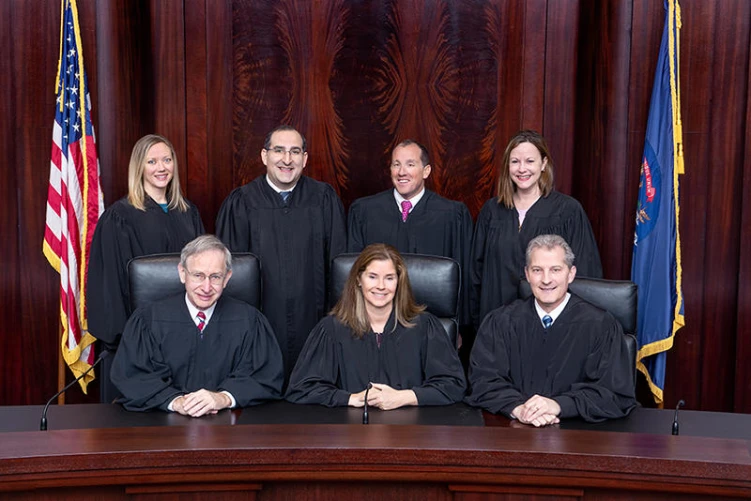Picking the right attorney for you is an important decision that could make or break your case. A good lawyer will help you win your case and help guide you through a situation that you might be unfamiliar with or unprepared for. Picking an attorney who works well for you and knows how to turn the tides in your favor is imperative, especially for trickier cases. So here are some things you should consider when picking an attorney to represent you in court.
1. Specialty
Just as there are different kinds of doctors, teachers, and businessmen, most lawyers have their area of specialization. Finding one that specializes in your kind of case not only narrows down your search but also makes sure that the attorney is familiar with all the right laws and proceedings. For example, a corporate lawyer would work best for issues concerning your corporation, a criminal lawyer for criminal charges, and a child custody lawyer for custody battles in divorce proceedings.
There are also general practice attorneys, who specialize in a wide range of areas, so you can hire them for almost anything. But it might be best to pick a lawyer who works exclusively or near exclusively in one area for the best results.
2. Location
Choosing a lawyer who works within your area, city, or state is best not only for your convenience but for your needs as well. Law differs by state. What might be legal in one state might not be in another. An attorney who works in your state will know that state’s law and be able to help you. Depending on where you live, you might find many practicing lawyers and law firms, or you might have a harder job finding a specialized attorney in places such as rural areas.
3. Experience
Don’t be afraid to ask your attorney about their prior experience. It’s best to work with someone who’s handled similar cases like yours before or who has a higher wins percentage in court. Don’t hire a newbie or a lawyer without much experience in very serious cases. This is where specialization comes into play too.
If you hire a general practitioner or a lawyer specializing in a different area, make sure that they’re familiar with your case, the laws associated with it, and most importantly, have handled those kinds of cases before even if they’re not in their usual area of expertise.
4. Firm

The size of their firm is another thing you have to consider when choosing a lawyer. Coming from a smaller or less well-known firm doesn’t automatically equal a bad or inexperienced lawyer. Still, a bigger or more established firm might mean more resources at your disposal and a higher chance of success. Getting the support of a big name in the industry might also be able to help your case.
On the other hand, small firms might be better for certain specializations, as their smaller size makes them experts in a particular field without much competition. Again, good lawyers can come from big or small firms alike. It all depends on the type of case and what you can afford.
5. Character
Second only to experience is, of course, the lawyer’s character. You have to make sure that you feel safe and comfortable sharing very personal details with them and trusting them with something as important as this. Do your research about the lawyer.
Check if they have a history of professional misconduct or a string of negative reviews about their character and attitude. If you don’t feel secure with your lawyer, or something about them makes you uncomfortable, then don’t hire them. Pick a lawyer who will work for you and reassure you and whom you can trust to bring out the best results.
6. Cost
And lastly, find a lawyer who fits into your budget. A famous or experienced lawyer from a big firm might cost a lot, while independent or freelance lawyers and lawyers from smaller firms might not charge much. Your choice might depend entirely on what you can or can’t afford. While you might have limited funds, consider what you’re willing to spend extra for. Are you willing to pay an exorbitant fee for the assurance of experience? Or would you much rather take a chance on a small law firm that fits right into your budget?
Be as transparent as possible with your lawyer and make sure to get their transparency about their fees as well. Take note of what their fee might entail and if they charge an hourly or fixed price. Your future could hinge almost entirely upon your expenses, so spend and choose wisely.



